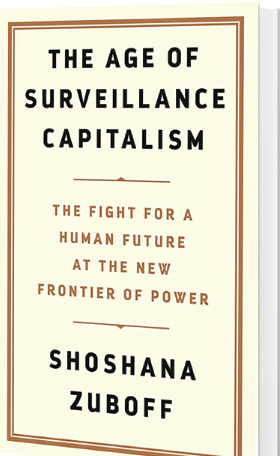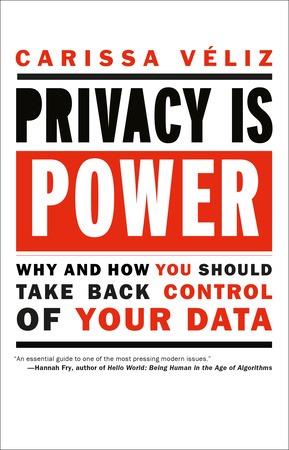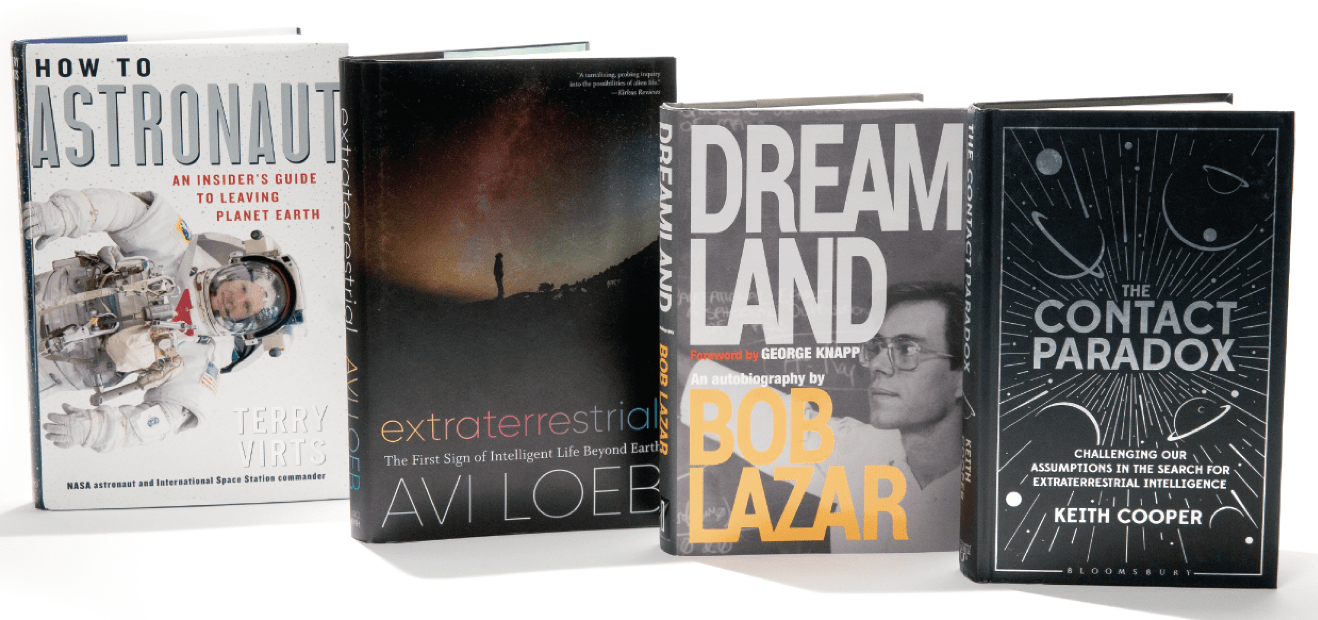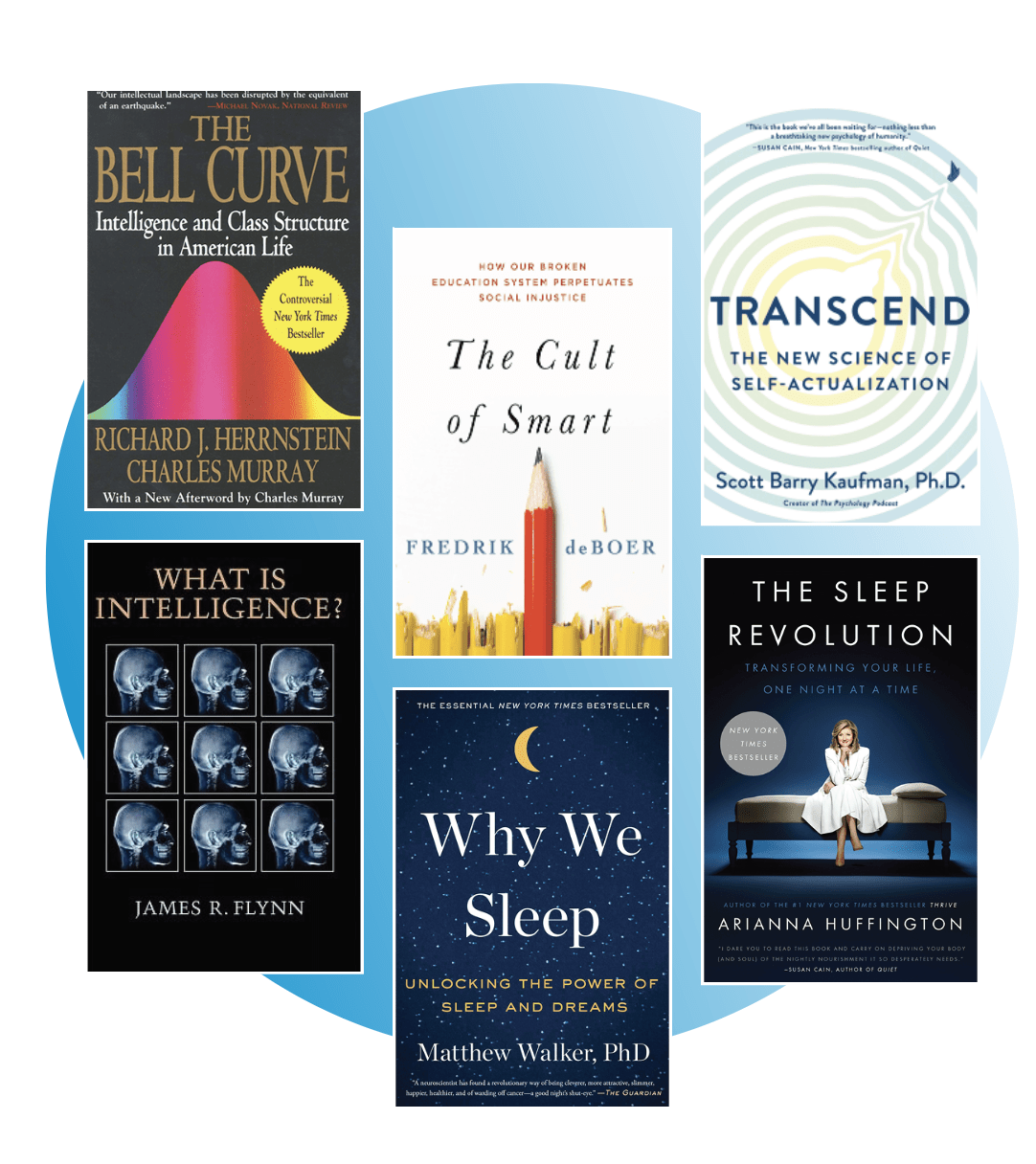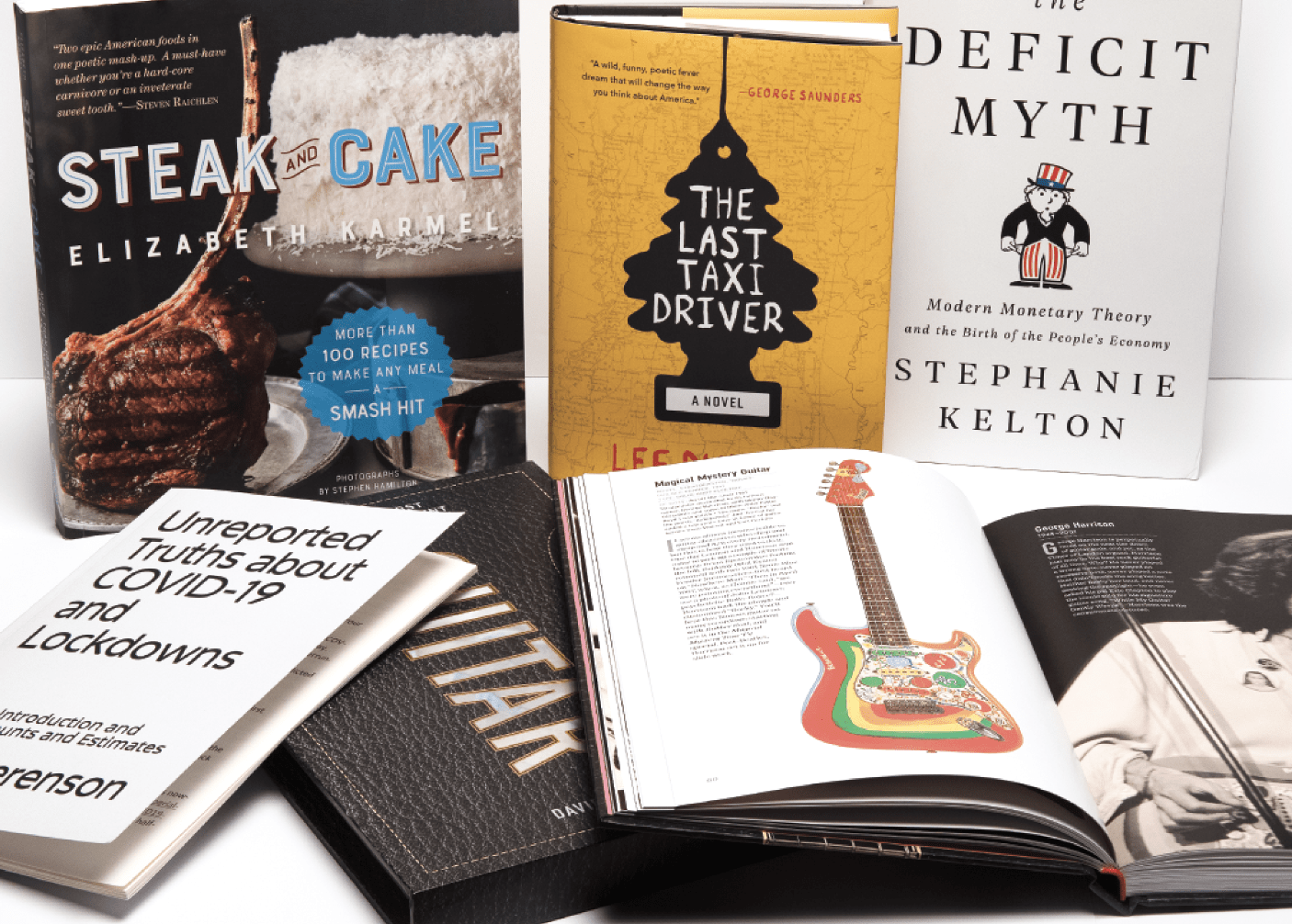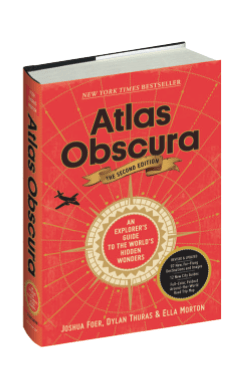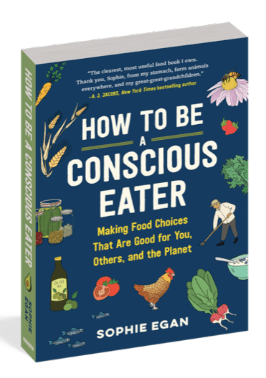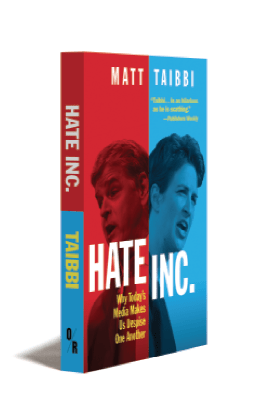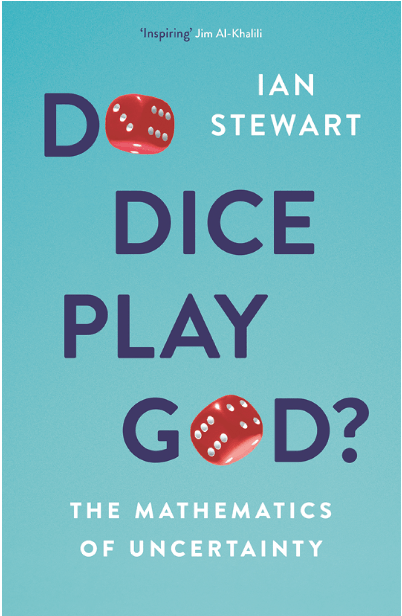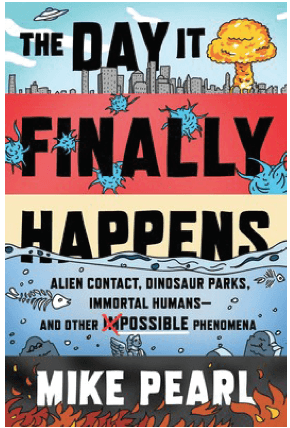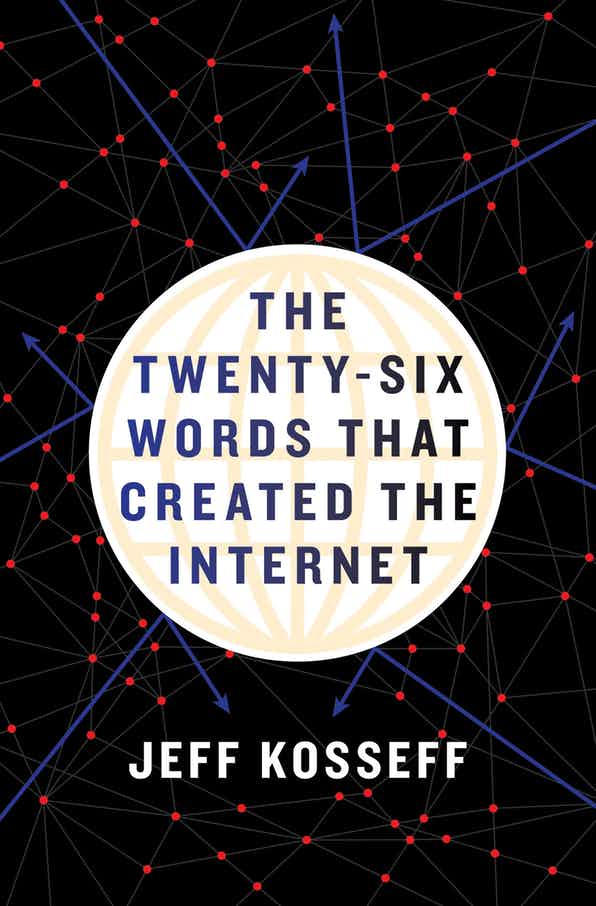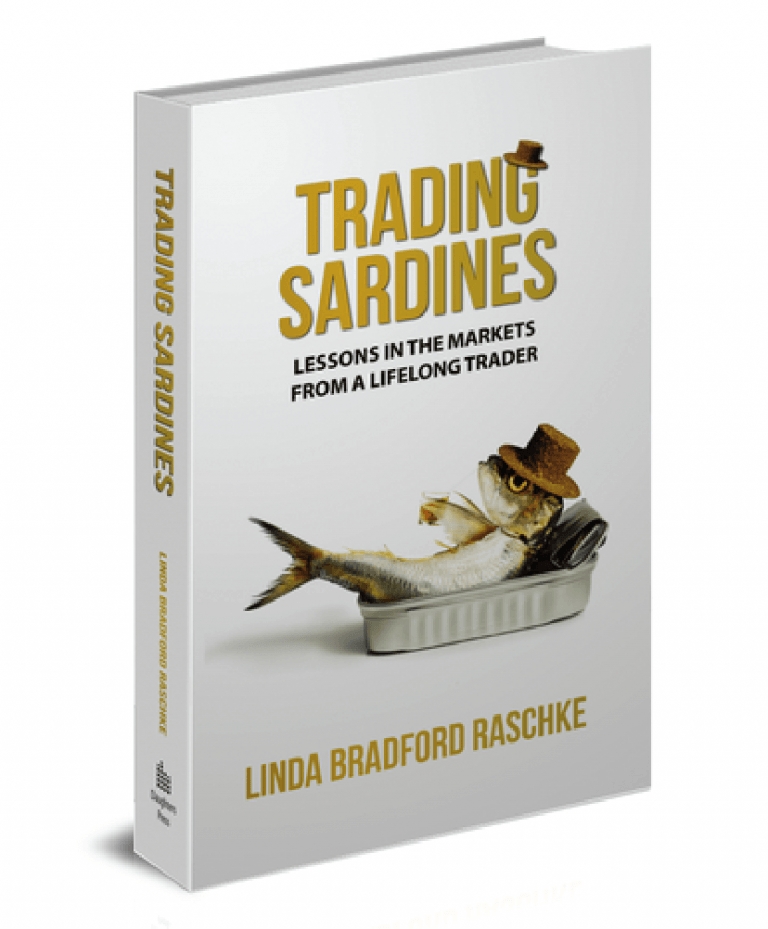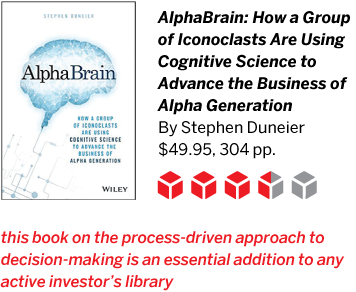The Luckbox Bookshelf
New and not-so-new books that captured our attention this month
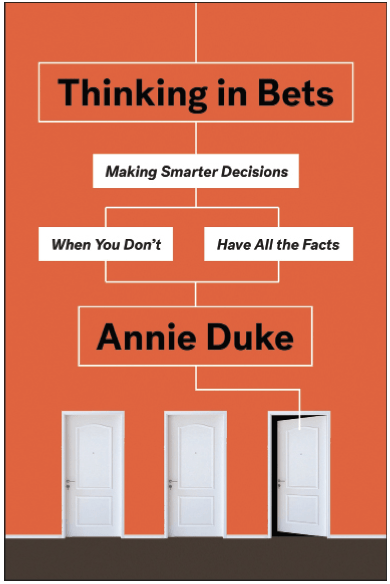
Thinking in Bets: Making Smarter Decisions
When You Don’t Have All the Facts
By Annie Duke
As a poker champion, Annie Duke knows all too well that good, thought-out decisions don’t always lead to good outcomes, and that poor decisions sometimes result in wonderful outcomes. In her book Thinking in Bets: Making Smarter Decisions When You Don’t Have All the Facts, Duke offers examples from business, sports, politics and poker of people using simple tools to embrace uncertainty and understand how to make better decisions. That process breeds confidence when it’s time to place a bet or make an investment decision. It also reduces bias, tames emotions and banishes destructive ways of making decisions.
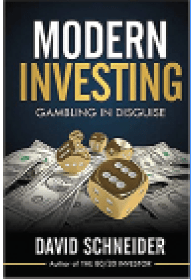
Modern Investing:
Gambling in Disguise
By David Schneider
In Modern Investing: Gambling in Disguise, author David Schneider skips the jargon and gets down to basics. The book serves as a guide for beginners who want to take the leap into independent investing. By laying out core principles and key strategies, the author teaches readers to distinguish between gamblers, speculators and investors—while also making the argument that investing aligns closely with gambling. When readers close the book, they’ll walk away with an understanding of how to make index funds and exchange-traded funds work in their favor, how to avoid scams, how to recognize common risks, and how to apply the right practices to secure financial freedom.
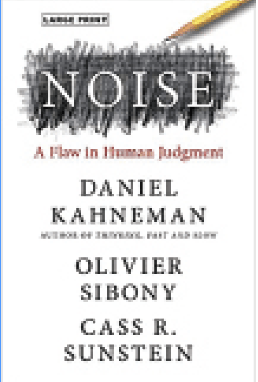
Noise: A Flaw in Human Judgment
By Daniel Kahneman, Olivier Sibony and
Cass R. Sunstein
Noise: A Flaw in Human Judgment, by Daniel Kahneman, Olivier Sibony and Cass R. Sunstein, addresses the negative effects of noise—which they define as variability in judgments that should be identical. In the classic example of noise, judges hand down widely differing sentences for the same offense. Noise intrudes upon a number of professions, including medicine, forensic science, law and economic forecasting. It undermines fairness and justice, wastes time and money, and imperils physical and mental health. “Wherever there is judgment, there is noise,” the authors write. They also make the distinction between noise and bias, defining the latter as systematic deviations from the norm. The authors offer remedies that reduce noise and provide advice on making better decisions in various situations.
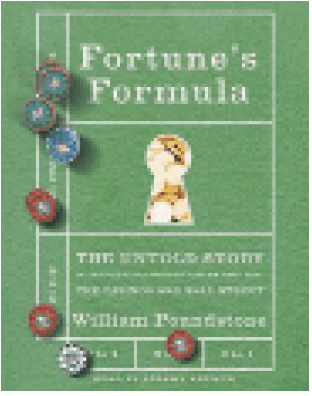
Fortune’s Formula: The Untold Story
of the Scientific Betting System That Beat the Casinos and Wall Street
By William Poundstone
Finance, investing and gambling might seem like wildly different pursuits, but they all require the ability to manage uncertainty, reduce risk and roll with the punches. That’s the theme of William Poundstone’s book, Fortune’s Formula: The Untold Story of the Scientific Betting System That Beat the Casinos and Wall Street. The author recounts the story of how two former Bell Labs scientists, Claude Shannon and John L. Kelly, used information theory to make as much money as possible, as quickly as possible. In partnership with MIT mathematician Edward O. Thorp, Shannon brought what they called the “Kelly criterion” to Las Vegas and proved that it worked as a tool for sizing bets. The same holds true for determining the size of investments, according to Poundstone. Both Shannon and Thorp became successful investors, but the formula still spawned controversy. In this book, Poundstone pushes back on the pushback in an effort to convince readers that the Kelly criterion deserves their trust.
Far too often, book reviews drive away readers. But reviews present just one stranger’s view, and taking them to heart leaves great books undiscovered. The Luckbox Bookshelf offers profiles instead of reviews. Don’t look to these pages for opinions. Think of Bookshelf as a place to discover books that educate, entertain and challenge entrenched beliefs.
